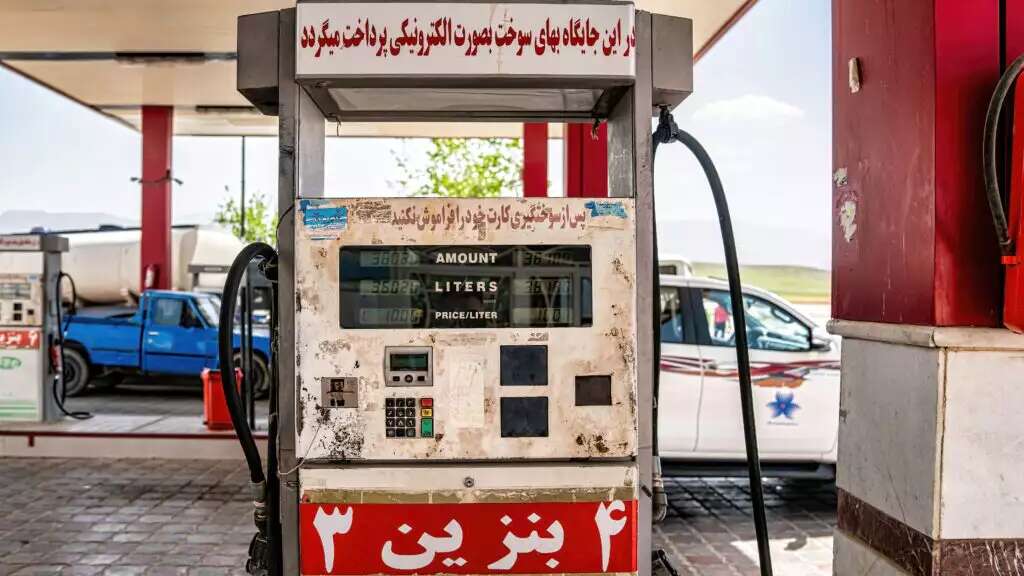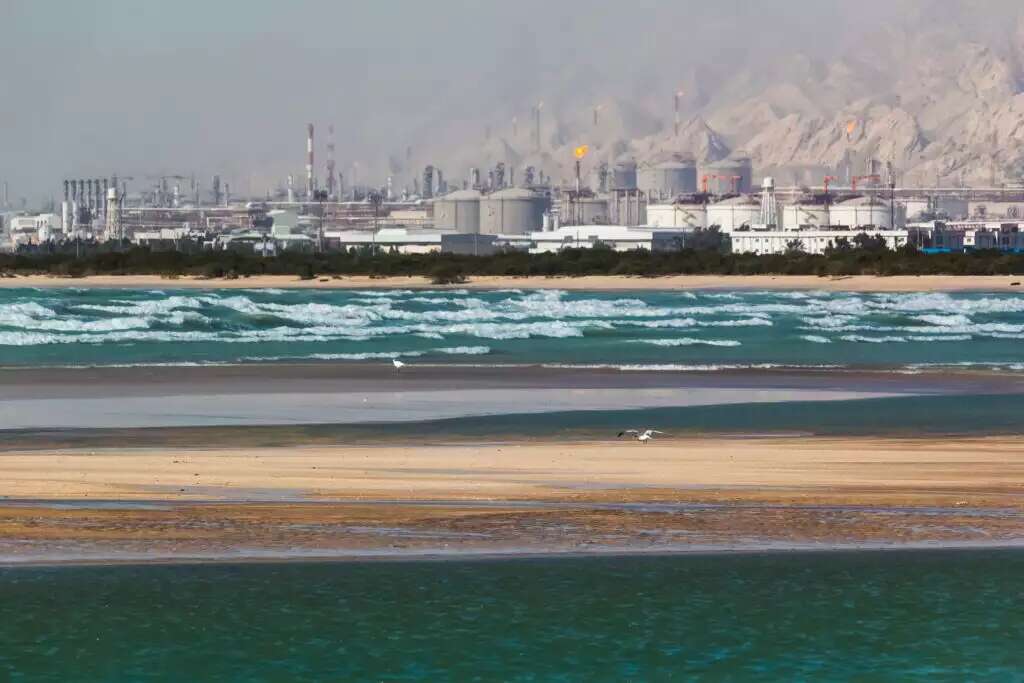The next phase of talks between Iran and the United States is set to begin on Wednesday, with American experts and International Atomic Energy Agency (IAEA) specialists participating. Though labeled "technical," this phase is critical, as it focuses on the practical aspects of ensuring Iran cannot only be blocked from acquiring nuclear weapon components in the short term, but also monitored and restricted over the long term. In other words, addressing what the 2015 nuclear deal failed to achieve, among its other shortcomings.
Under the 2015 agreement, Iran agreed to enrich uranium only to 3.67% purity and to maintain a stockpile of no more than 300 kilograms (661 pounds). Today, however, according to IAEA Director General Rafael Grossi, Iran has enriched uranium to 60%, a short and technical step away from the 90% required for weaponization. The IAEA's latest report notes that as of February, Iran's total stockpile of enriched uranium stood at 8,294.4 kilograms (18,286 pounds), enough for several nuclear bombs with just a few weeks of further enrichment.
The 2015 deal also restricted the types of centrifuges Iran could operate, intending to limit Tehran's ability to rapidly escalate toward nuclear weapons. However, it is now known that Iran violated some of these terms, maintaining prohibited centrifuges, some at covert and unmonitored sites. It remains unclear whether these centrifuges were operated during the deal's validity, before former US President Donald Trump withdrew from it.

The current US administration is determined to demonstrate it can achieve a stronger agreement. American experts have been instructed to prepare a framework of enforceable limitations and monitoring mechanisms that Iran must comply with, to eliminate its military-grade enrichment capability in the long term.
One of the proposals likely to be raised includes the permanent presence of international experts at Iran's active nuclear sites, enrichment facilities, and future civilian-use reactors. Both Russia and China have offered to construct such a reactor for Iran, and the Iranians have proposed that experts from these countries be the ones to oversee it. Iranian Deputy Foreign Minister Abbas Araghchi has already traveled to Moscow and Beijing to update his counterparts on the talks' progress.
According to an international official familiar with the details, it is clear that the United States will not agree to Russian or Chinese oversight. In addition to IAEA inspectors, Washington is expected to demand supplementary monitors. A particularly sensitive issue is that of advanced centrifuges capable of rapid enrichment to high levels. Iran claims these are merely being stored and denies the existence of secret enrichment sites. The US is likely to demand their removal from Iranian territory and to conduct inspections at suspected clandestine sites to ensure no hidden facilities remain.

So far, the US has not formally demanded inspection of Iran's ballistic missile systems capable of carrying nuclear warheads, nor has it made clear whether it will require access to the facilities developing nuclear weapon detonation mechanisms, one of the final stages in building a bomb that Iran has not yet completed.
American officials in contact with Israeli counterparts insist that the negotiations will involve rigorous oversight measures, and that Iran will not be able to achieve a nuclear weapon within several years. Unlike in the past, Israel is now being updated on most aspects of the talks and is raising its concerns from its own strategic perspective. European intelligence officials are also involved, providing information and recommendations.
The economic crisis behind the talks
Several indicators reveal the deepening economic crisis pushing Iran to the negotiating table. Oil exports make up roughly one-third of the Iranian government's revenue. The US sanctions campaign dubbed "maximum pressure," introduced by President Trump, has caused a sharp drop in oil sales during the first three months of this year. Sanctions targeting ports and refineries in China - one of Iran's few remaining customers - have brought Iranian exports down to just 500,000 barrels per day, one-third of 2024 levels. The resulting loss amounts to an estimated $9 billion over three months, or nearly $40 billion on an annualized basis.
The impact on Iran's economy is even more severe considering that much of the lost revenue would have gone to the civilian sector.

Roughly one-third of Iranian oil exports are controlled by the military, which runs its own export firms and directly channels revenues to its operations. Half the exports are controlled by ostensibly civilian companies affiliated with the Islamic Revolutionary Guard Corps, and the remainder by standard government-owned firms.
According to intelligence sources, the central government has diverted most of the revenue shortfall to the civilian sector. Military-affiliated companies have experienced a less dramatic decline in earnings, and the losses at Revolutionary Guard-linked firms have been the smallest. The US is aware of this distribution and is trying to target sanctions more precisely - on tankers, ports, and refineries doing business with military and Guard-related entities. Iran has responded by adjusting its practices to protect its armed forces and paramilitary organizations.

Additionally, the economic crisis has slashed tax and customs revenues due to a general slowdown in economic activity. The projected budget deficit for the 2025/26 fiscal year is expected to reach about 30% of the total state budget. This explains the regime's urgency to resume talks with the US, but raises questions as to why the American administration has not used this leverage more aggressively to secure stricter opening conditions, particularly regarding missiles and regional terrorism support.
Separately, political-level negotiations are set to resume this Saturday in Oman.




